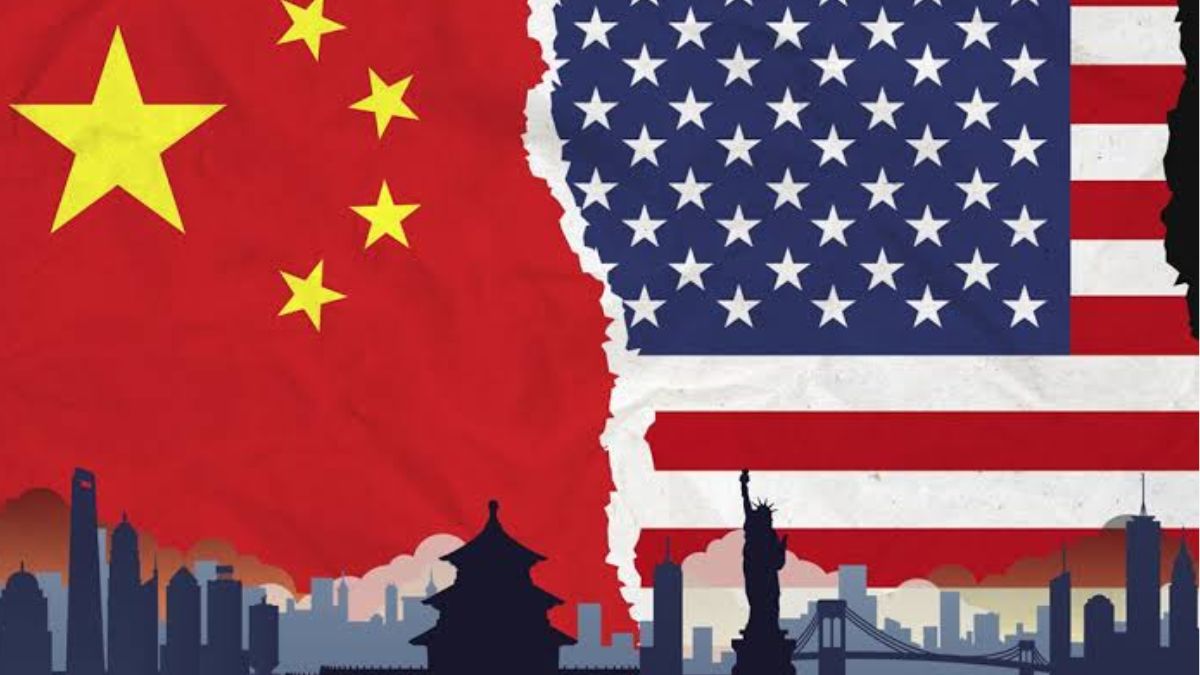In the first week following their summer recess, lawmakers in the U.S. House of Representatives approved several bills aimed at restricting Chinese companies, particularly in the biotechnology sector. This move is seen as part of a broader attempt to address domestic issues by deflecting attention towards China.
The newly passed bills are criticised as a continuation of the “China threat” narrative, which some argue reflects outdated Cold War-era thinking and ideological biases. Analysts suggest that the bills are a strategic diversion from America’s pressing domestic concerns, such as high inflation and mounting federal debt. Shen Yi, a professor of international politics at Fudan University, contends that certain U.S. politicians, unable or unwilling to tackle these internal problems, have resorted to scapegoating China.
Chinese companies targeted by the legislation, including WuXi AppTec and BGI Genomics, have strongly disputed the accusations, asserting that their products do not pose any security threat. They describe the U.S. actions as protectionist measures rather than legitimate security concerns.
Critics draw parallels between the current legislative climate and the McCarthyism era, warning that such bills could severely impact Sino-U.S. relations and undermine collaborative efforts between the two nations. They argue that a misguided strategic perception of China in Washington is a major factor contributing to the strained bilateral relationship.
Experts advocate for a shift away from ideological bias and protectionism. They emphasise the importance of a cooperative relationship between the United States and China, noting that both countries, as the world’s largest economies, stand to benefit from enhanced pragmatic cooperation. Efforts to vilify or suppress China, they argue, will not yield constructive outcomes and may hinder global progress.

